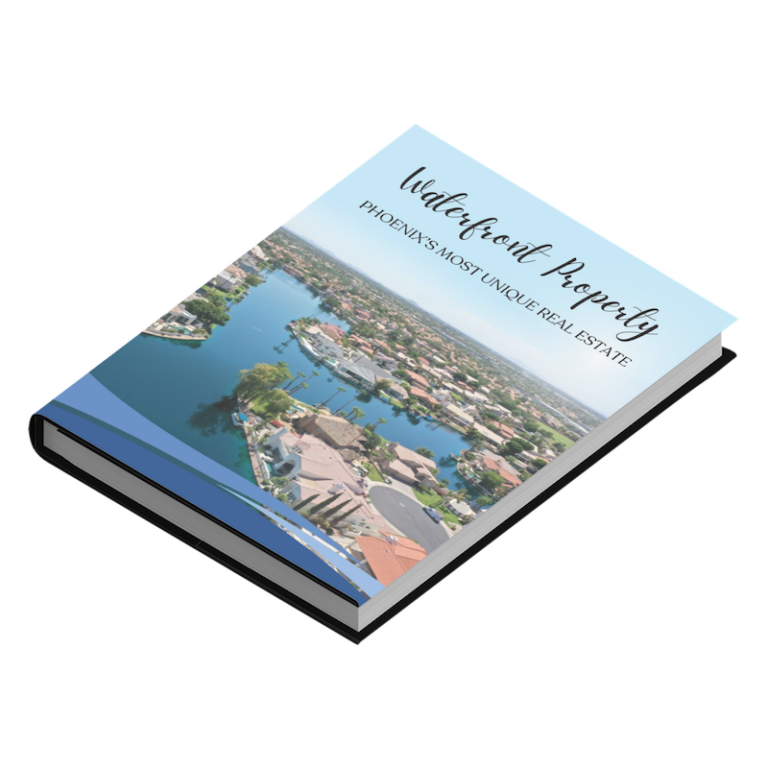 Arizona post possession agreements are no big deal, right?
Arizona post possession agreements are no big deal, right?
What is the solution when a seller needs an extra week to move out, or needs the funds from the sale of the home in which they’re living to purchase their next home? What’s the problem with staying in the house they just sold for another week or two or even a month? Well, plenty can go wrong! And if it is something that you are considering, make sure a well thought out post closing occupancy agreement is signed by the buyer and seller.
Post Possession Agreements – Risks and Pitfalls
Phoenix area buyers and sellers must understand the risks associated with a post closing occupancy agreement. In fact, the Commissioner’s Rule states, “A salesperson or broker shall recommend to a client that the client seek appropriate counsel from insurance, legal, tax, and accounting professionals regarding the risks of pre-possession or post possession of a property.” The video below will give you more detailed information regarding post closing occupancy agreements.
The first question should be how long does the seller need to remain in the property? This is critical because it will determine the type of occupancy agreement that will be used. Under 30 days will make this a transient lodging agreement which will be excluded from the Arizona Residential Landlord Tenant ACT (ARLTA). This short term time agreement may also be know as Seller in Place in some states. If the tenancy is 30 days or longer will be a residential lease that does fall under the ARLTA. Areas that must be considered include:
- Insurance. The seller’s old insurance policy that they’ve had for years is no longer valid. The buyer/new owner must put a dwelling-fire policy for tenants in place.
- Repairs & Maintenance. Whose responsibility is it for repairs during the occupancy especially for short term transient agreements?
- Daily or Per Diem Rate. What is a reasonable rate? Covering the buyer’s mortgage, taxes, insurance and HOA seems equitable. However, this is also negotiable.
- Security deposit. Since the buyer/new owner bears the greater risk, a escrow holdback or security deposit would be reasonable in case there is a failure to perform by the seller.
- Use Restrictions. What if the seller violates HOA rules and incurs a fine? Or what if there is illegal activity on the property? These situations need to be covered.
While most post closing possession agreements will work out, when they go bad they can go very bad for the simple reason that not all the what-if’s and potential scenarios were thought out. This is the reason buyers and sellers are encouraged to seek insurance, legal, tax and accounting professional advice.
Would you like to keep up to date with the Phoenix area housing market receiving property listings as they come on the market? Click on Send Me Updated Listings.
Related Posts
6 Homebuying Mistakes to Avoid Video
Due Diligence During The Inspection Period

